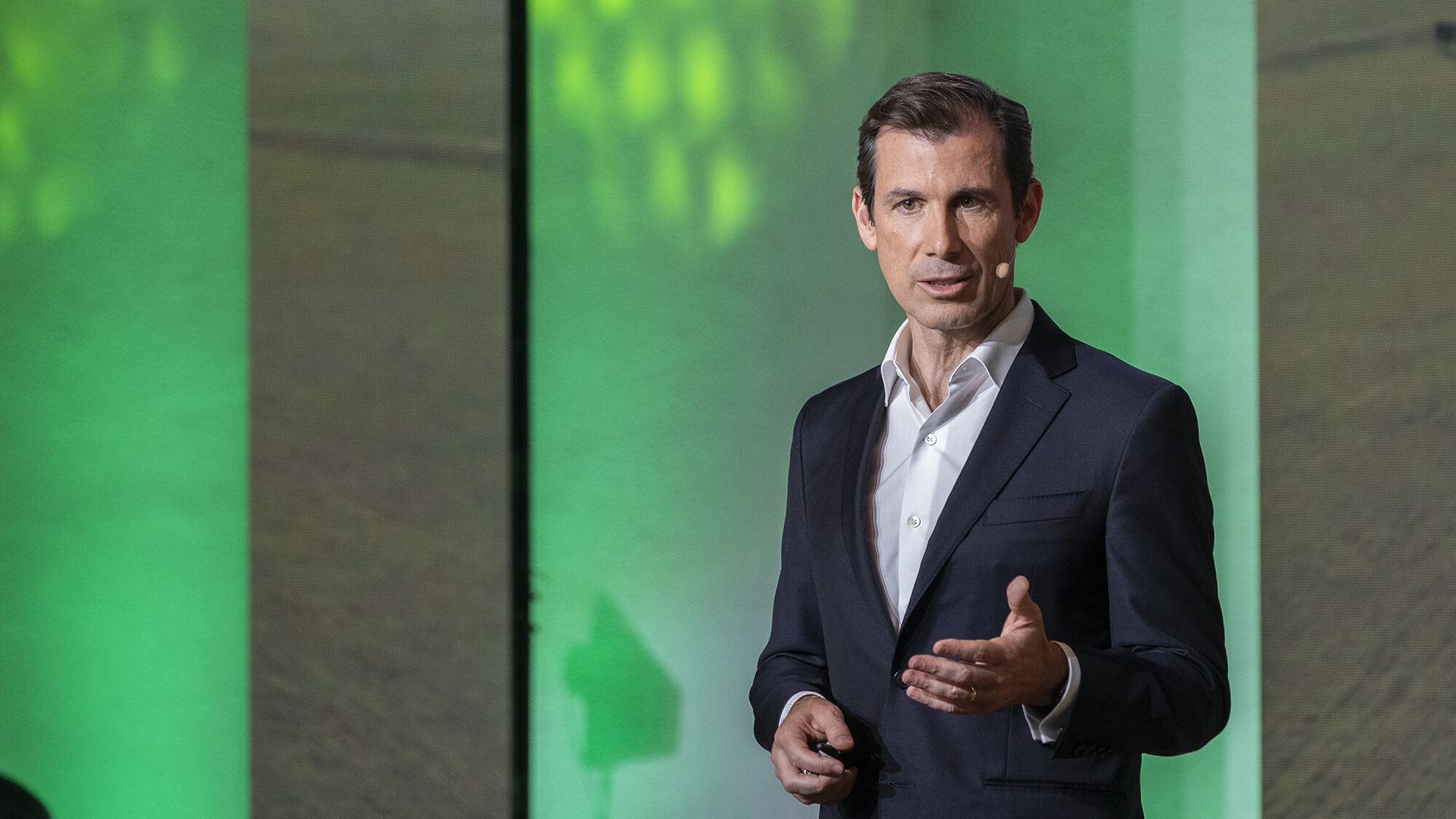Governments should tax oil, gas companies’ ‘immoral’ profits
António Guterres called on governments around the world to impose more taxes on these "extraordinary profits" and to use the resources to "support the most vulnerable people in these difficult times."
UN Secretary-General, the Portuguese António Guterres has called it “immoral” that oil and gas companies are posting record financial results during the current energy crisis and urged all governments to tax their “extraordinary profits”.
“This grotesque greed is punishing the poorest and most vulnerable people, while destroying our only home,” António Guterres pointed out at a press conference on Wednesday.
The Portuguese diplomat called on governments around the world to impose more taxes on these “extraordinary profits” and to use the resources to “support the most vulnerable people in these difficult times.”
The UN official recalled that the combined profits of the largest global energy companies approached $100 billion in the first quarter of this year and that business in this sector has a “huge cost” in environmental effects.
Guterres was speaking during the presentation of a third report prepared by UN experts on the global impact of the war in Ukraine and which this time focuses mainly on the energy sector.
The document highlights that the world is in the midst of a “major energy crisis,” with countries around the world affected by high and volatile fuel prices.
Developing nations and the most vulnerable households are particularly hard hit, the report said.
Despite a recent stabilisation in wholesale markets, the UN highlights that this shift has not translated into lower inflation for most consumers.
In addition to short-term measures such as energy-saving plans, the international body called for a much more determined commitment to renewable energy, which Guterres said is “in most cases cheaper than fossil fuels.”
“Governments must expand and diversify supply chains for raw materials and renewable energy technologies,” the former Portuguese prime minister stressed.
“These must reduce bureaucracy for the energy transition and change fossil fuel subsidies to support vulnerable households and increase investments in renewable energy,” he added.
In the face of this energy transition, Guterres called for more public and private investment and urged shareholders of development banks to take on more risks and help countries move forward.
The UN leader also pointed out that developing countries have every reason to invest in renewable energy, but lack the resources, while richer nations push them to make this transition, but do not give them enough technical and financial support.
“And some of these same developed countries are introducing universal subsidies on petrol stations, while others are reopening coal-fired power stations. It is hard to justify such measures, even temporarily,” Guterres pointed out.


